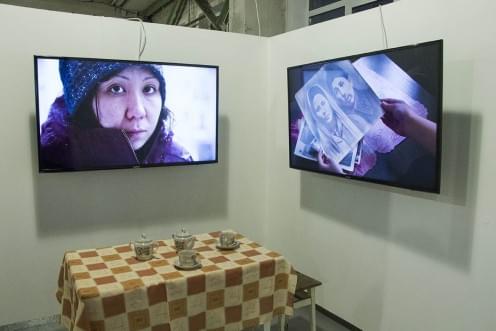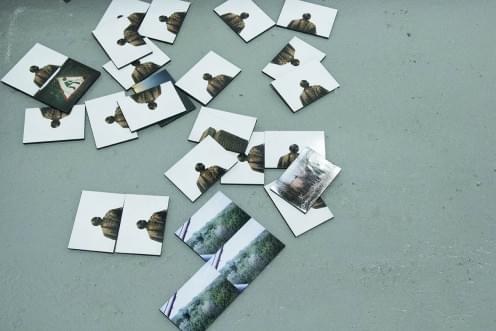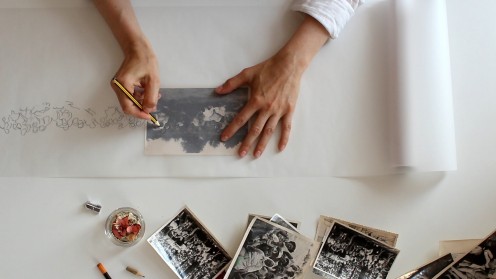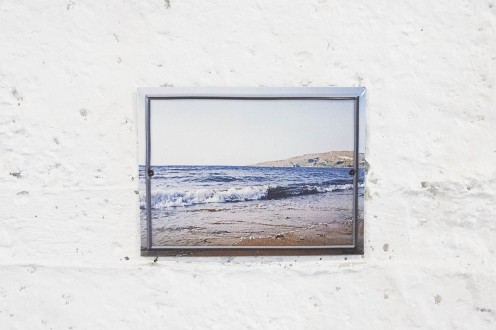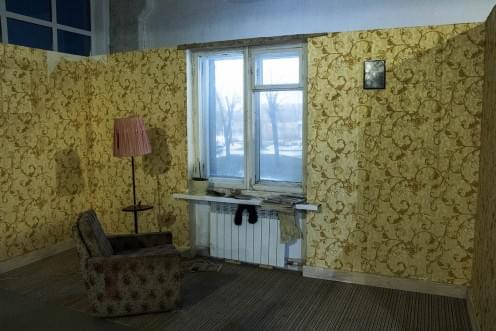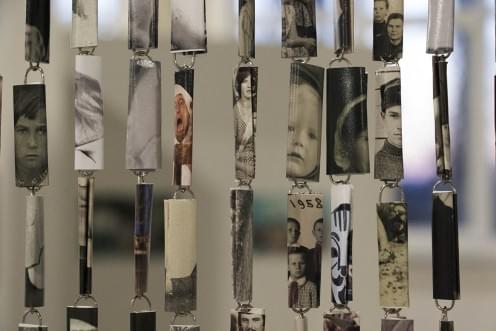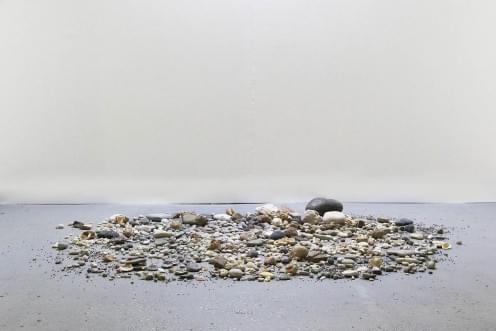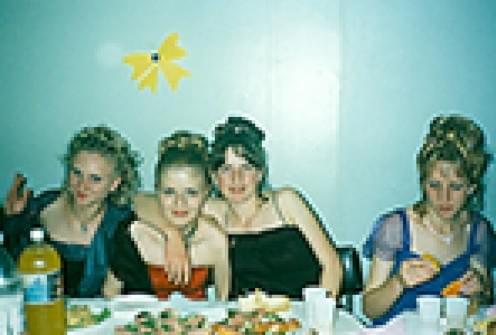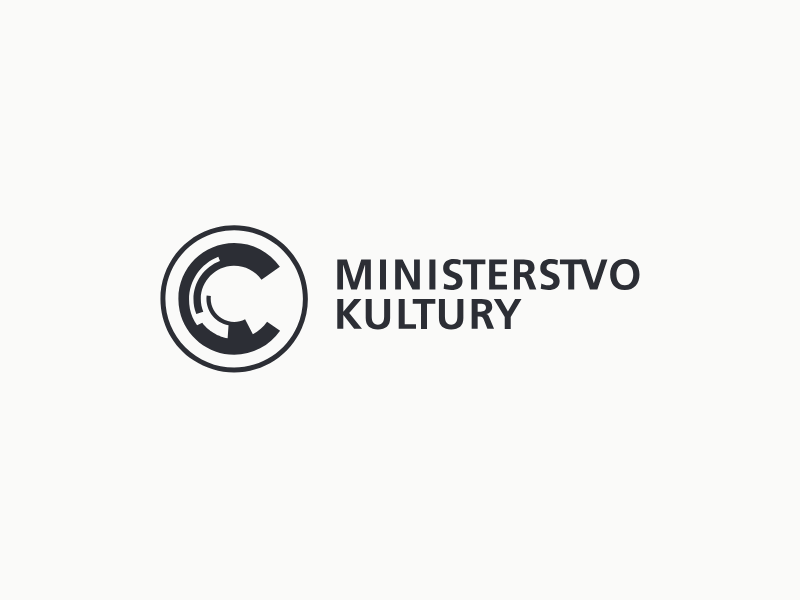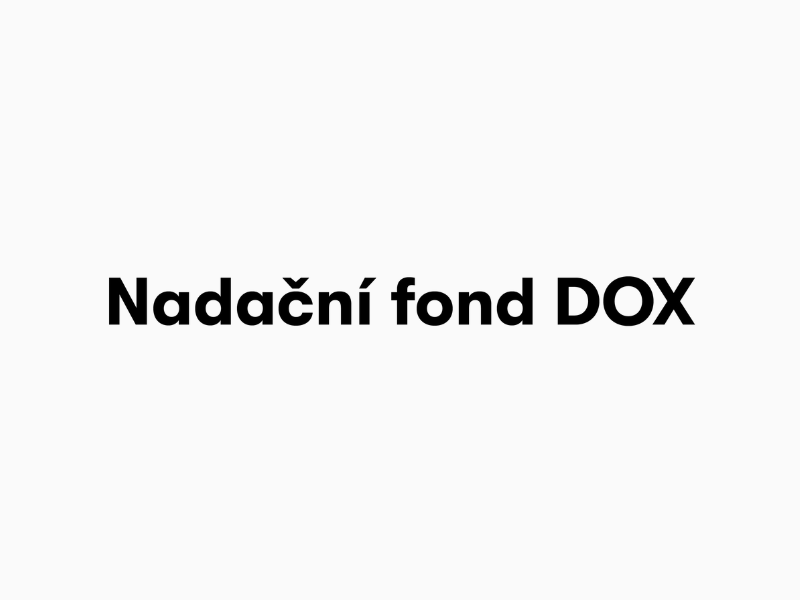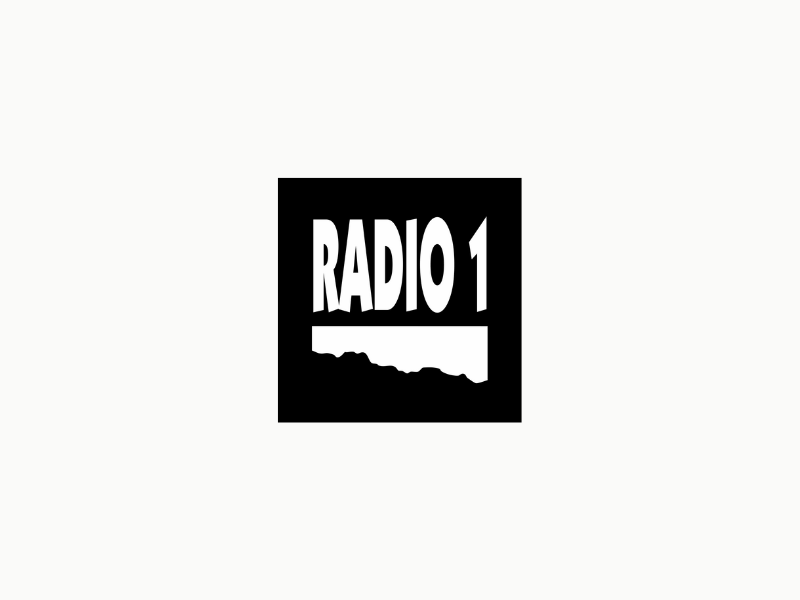Reconstruction of Memory
22 Sep – 17 Dec 2017
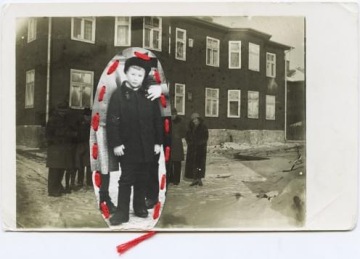
Today, three years later, when many refugees have already settled into new homes, it becomes clear that the problems caused by the involuntary resettlement are not limited to material losses.
In the first part of the project, participants talk about their loss experiences in the first person as someone personally involved in a traumatic incident, using all available artistic media to analyse the possibility of reconstructing their own memorabilia.
The second part of the project presents the works of artists, who explore the experience of internally displaced people but do not come from the occupied territories themselves. These works were added to the original exhibition, which took place in Kyiv in 2016, to also present an outside point of view on the exhibition’s subject matter. This expansion of the exhibition became possible due to the social dialogue about the mass displacement and loss of home that began at the time of the exhibition in Kyiv and still continues in Ukrainian society.
Lia Dostlieva (b. 1984) and Andrii Dostliev (b. 1984) are Ukrainian artists and curators, currently living and working in Poland. Their primary areas of interest are memory, trauma, and identity − both personal and collective.
Exhibiting artists
Olena Bulygina (Stakhanov, Luhansk reg., Ukraine — London, UK)
Viktor Corwic (Donetsk, Donetsk reg., Ukraine — Kyiv, Ukraine)
Andrii Dostliev (Brianka, Luhansk reg., Ukraine — Poznań, Poland)
Lia Dostlieva (Donetsk, Donetsk reg., Ukraine — Poznań, Poland)
Krolikowski Art (Donetsk, Donetsk reg. + Sevastopol, Crimea — Slavutych, Ukraine)
Maria Kulikovska (Kerch, Crimea, Ukraine — Kyiv, Ukraine / Malmö, Sweden)
Yulia Polunina-But (Simferopol, Crimea, Ukraine — Kyiv, Ukraine)
Katerina Yermolaeva (Donetsk, Donetsk reg., Ukraine — Kyiv, Ukraine)
Sergei Zakharov (Donetsk, Donetsk reg., Ukraine — Kyiv, Ukraine)
Emine Ziyatdinova (Uzbekistan — Crimea, Ukraine — Kyiv, Ukraine)
Zhanna Kadyrova (Kyiv, Ukraine)
Olya Mykhailiuk (Kyiv, Ukraine)

